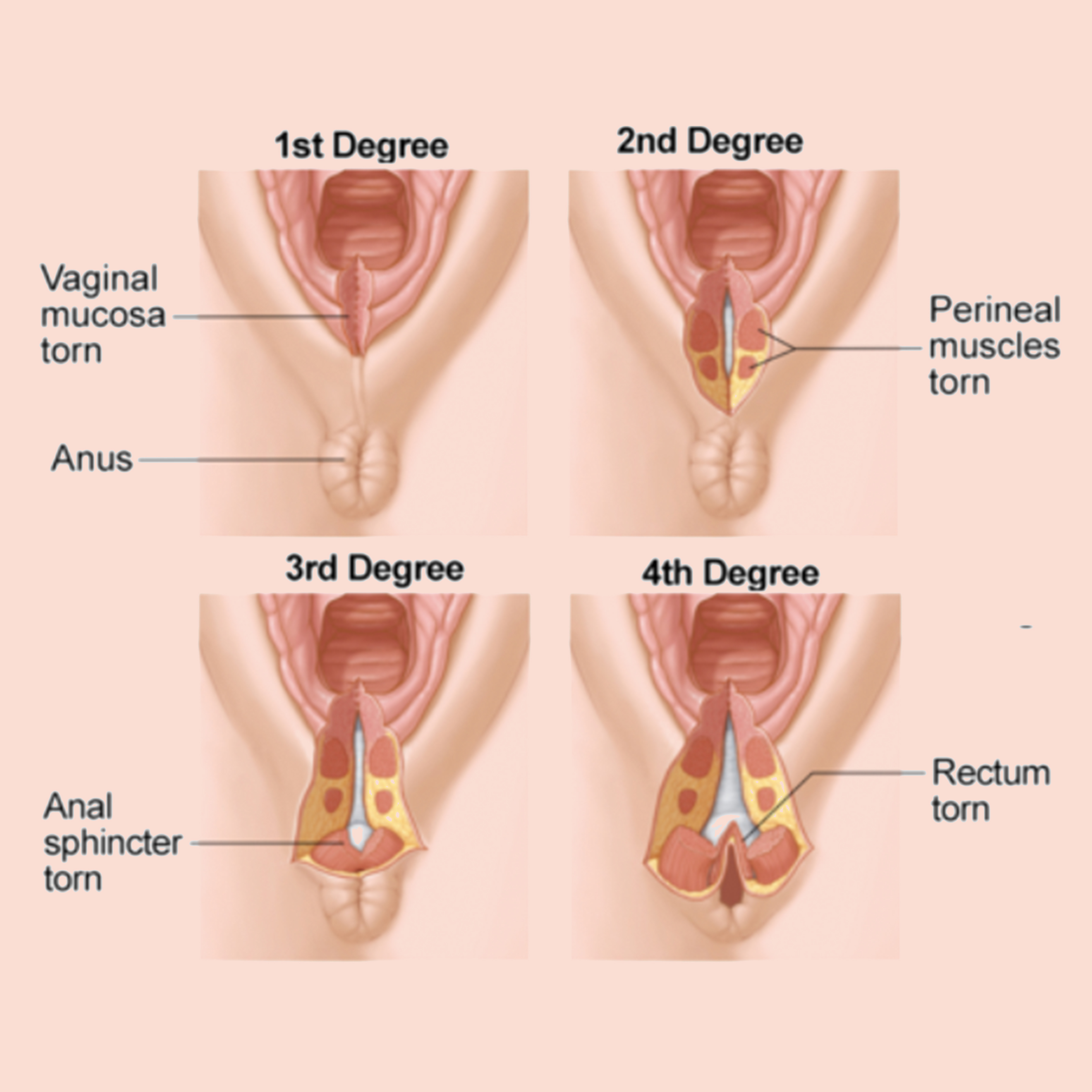Stool Incontinence/ Obstetric Anal sphincter Injury
Stool Incontinence/ Obstetric Anal sphincter Injury Treatment in Nagpur
Stool incontinence, also known as bowel incontinence or fecal incontinence, is the inability to control bowel movements, leading to the accidental passage of stool. It can range from occasional leakage to a complete loss of bowel control.
